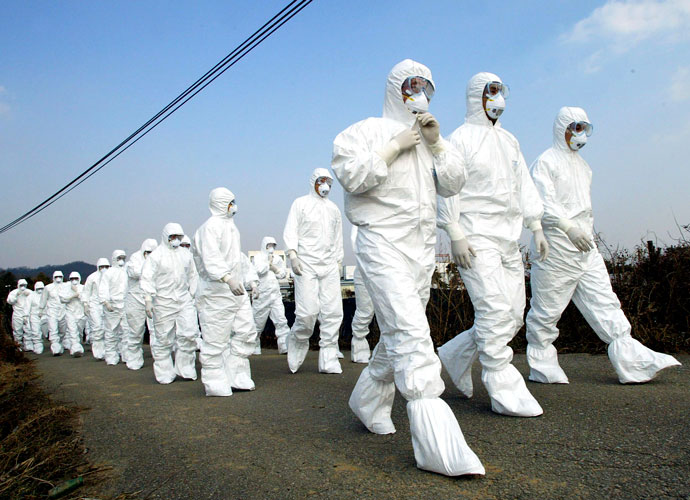After Killing 100 Million Birds In U.S., Avian Flu Spreads To Household Cats, Suggesting Broader Outbreak
The United States has been in the midst of an outbreak of a highly pathogenic strain of avian influenza, known as H5N1, or Bird Flu, for the past 2.5 years, and the deadly virus has now spread to domestic cats.
As H5N1 spreads, the latest reports say that the outbreak has claimed the lives of over 100 million birds across the nation. In March, scientists confirmed that the strain had been found in dairy cow herds, and as of August 15, almost 200 herds of dairy cows were infected with the H5N1 strain from across 13 states. Only 13 human cases have been reported from April to August 9, and the infections have mostly resulted in mild illness, primarily characterized by pink eye.
However, now at least 21 domestic cats have been infected with the avian flu strain. A greater cause for alarm comes from the recent reports that the H5N1 virus has also affected indoor pet cats, with close to no contact with the outside world.
The Colorado Department of Public Health announced on August 9 that six cat infections had been confirmed in the state this year. Two of the detected cases were in cats that were kept exclusively indoors, a sign that suggests the virus has become widespread in the animal population and can be transmitted through mice or similar animals that sneak through the house.
Public health experts have expressed grave concerns about the situation and revealed that the fatality rate for the current H5N1 strain in cats has been around 67%.
They strongly recommend that pet owners keep their feline companions indoors.
RELATED ARTICLES
Get the most-revealing celebrity conversations with the uInterview podcast!







Leave a comment